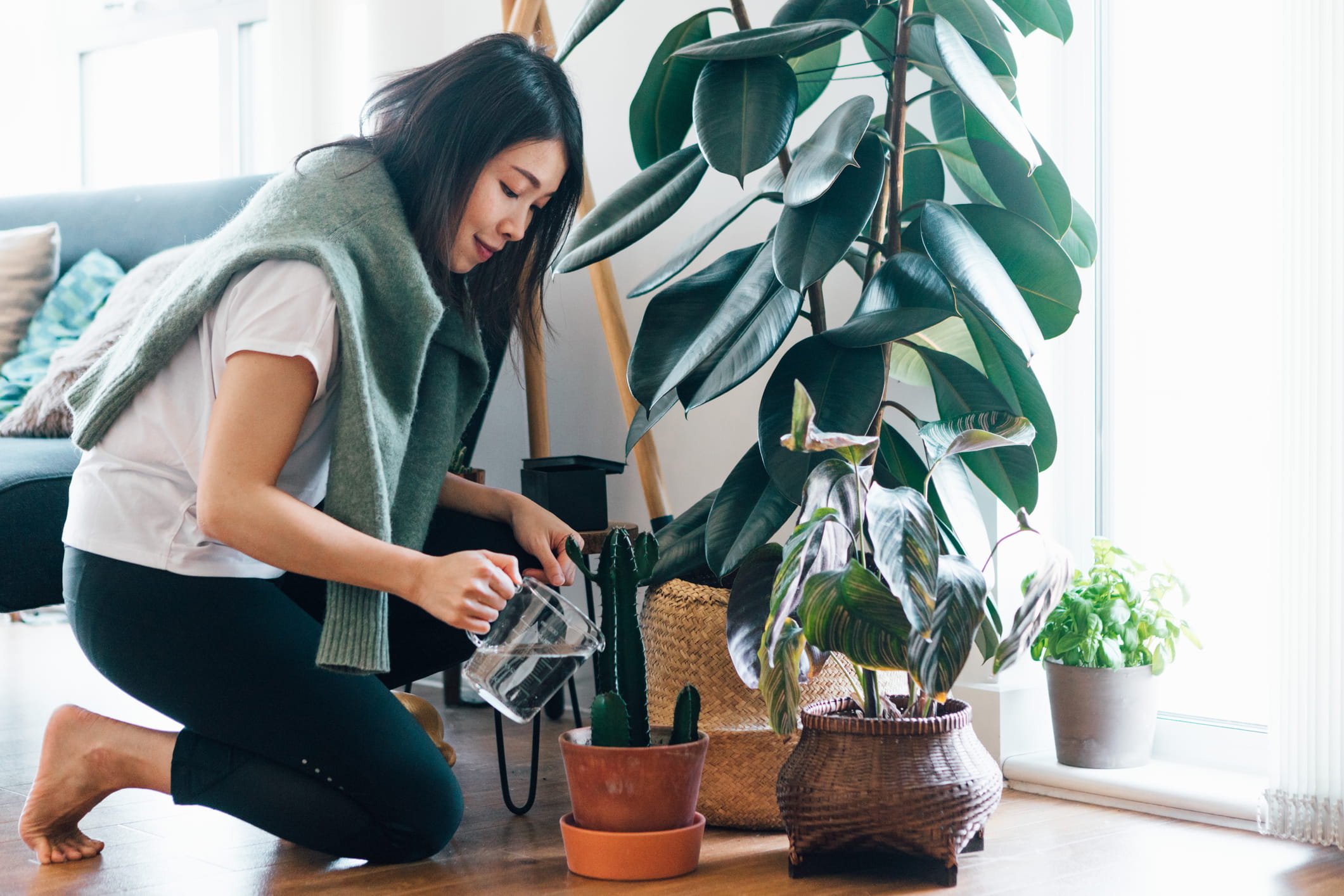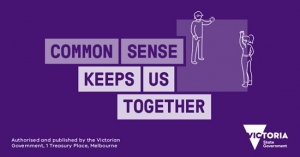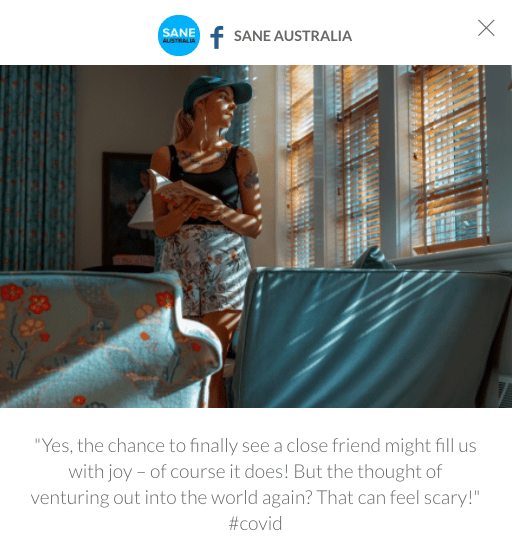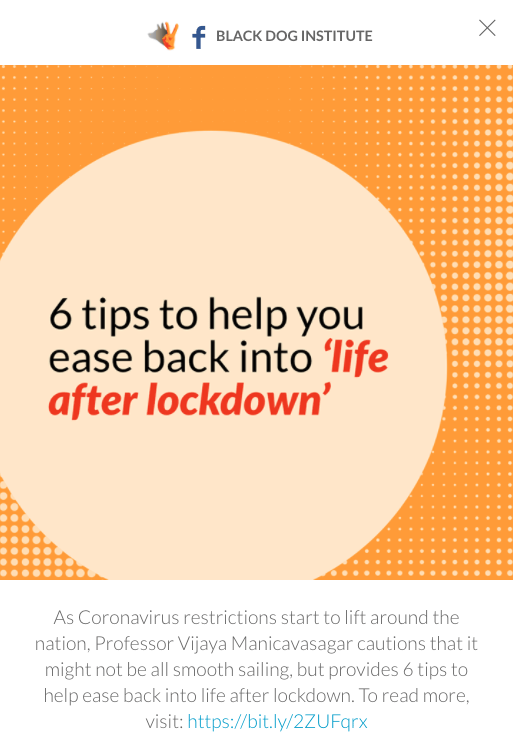We’ve pulled together tips and information from mental health experts about the gradual transition to eased restrictions.
Author: VicHealth, a Victorian Government Agency that works with experts, evidence and research in health promotion.
It’s the question on everyone’s lips: after coronavirus, what will ‘normal’ life be like? And is it normal to feel stressed or anxious about restrictions easing, like you did when restrictions started? The answer is yes, and the mental health and wellbeing experts are talking about it.
Eased restrictions might come with mixed feelings
Professor Vijaya Manicavasagar from the Black Dog Institute, a mental health research institute, acknowledges many of us might be having mixed feelings.
“Even though many of us have spent weeks dreaming about the day that things go back to normal…re-entry into the real world might not be all smooth sailing,” said Professor Manicavasagar on The Black Dog website.
SANE Australia, a national mental health charity, shared the same sentiment: “Yes, the chance to finally see a close friend might fill us with joy – of course it does! But the thought of venturing out into the world again? That can feel scary!”.
So as the experts agree, many of us may be feeling uneasy about adjusting to eased restrictions. Below are their top tips on managing the transition.
Three tips from mental health experts as restrictions ease
Tip one: Try and ease back into things and take time to reflect
The Black Dog Institute has put together 6 tips to help you ease back into ‘life after lockdown’. They focus on taking things slowly, rebuilding relationships, and allowing yourself to reflect on any positive changes you want to make after your experience during coronavirus restrictions.
The key thing to note is to give yourself the time and space to get used to things again.
Tip two: Maintain the positive habits you started at home

At the onset of the coronavirus many of us prioritised looking after our mental health and wellbeing at home.
Now we’re going back out into the world, Beyond Blue talks about prioritising self-care by maintaining healthy habits as a key strategy to support yourself. This includes sticking with any hobbies or interests you got into during restrictions.
If you took steps to support your mental health and wellbeing, eat healthy food and exercise during coronavirus restrictions, try and keep it up so these positive habits can help to keep you feeling healthy and well.
Tip three: Use strategies to manage feelings of stress or anxiety
If you find yourself experiencing stress or anxiety, the experts tend to agree on some tried and tested strategies that can help you as restrictions ease.
It helps to:
1. Share/talk/connect with others
Interacting with others can help us get out of our head and boost our mood. RUOK is an organisation that helps to inspire and empower people to meaningfully connect, and they have some conversation starters to help you talk and connect with others.
2. Focus on the present moment/practise mindfulness
Focussing on the details of the present moment – known as practising mindfulness – can help you manage feelings of stress and anxiety. Beyond Blue’s top anxiety management strategies are slow breathing, muscle relaxation, and staying in the present moment.
3. Exercise, eat healthy food and reduce harm from alcohol and tobacco
The Australian Psychological Society lists avoiding alcohol and tobacco as one of the main strategies for managing anxiety. The Australian Drug and Alcohol Foundation website has information to help reduce harm from alcohol during coronavirus.
4. Seek professional help when you need to
Seeking professional support is a great way to address anxiety when it interferes with your daily life. Beyond Blue provide information about where to start and the costs involved. And Lifeline is a national charity that provides a free 24-hour hotline on 13 11 14 for when you need to talk to someone.
If you or someone you know is in need of immediate support, call Lifeline’s free 24-hour support hotline on 13 11 14, or head to www.lifeline.org.au for more information.





